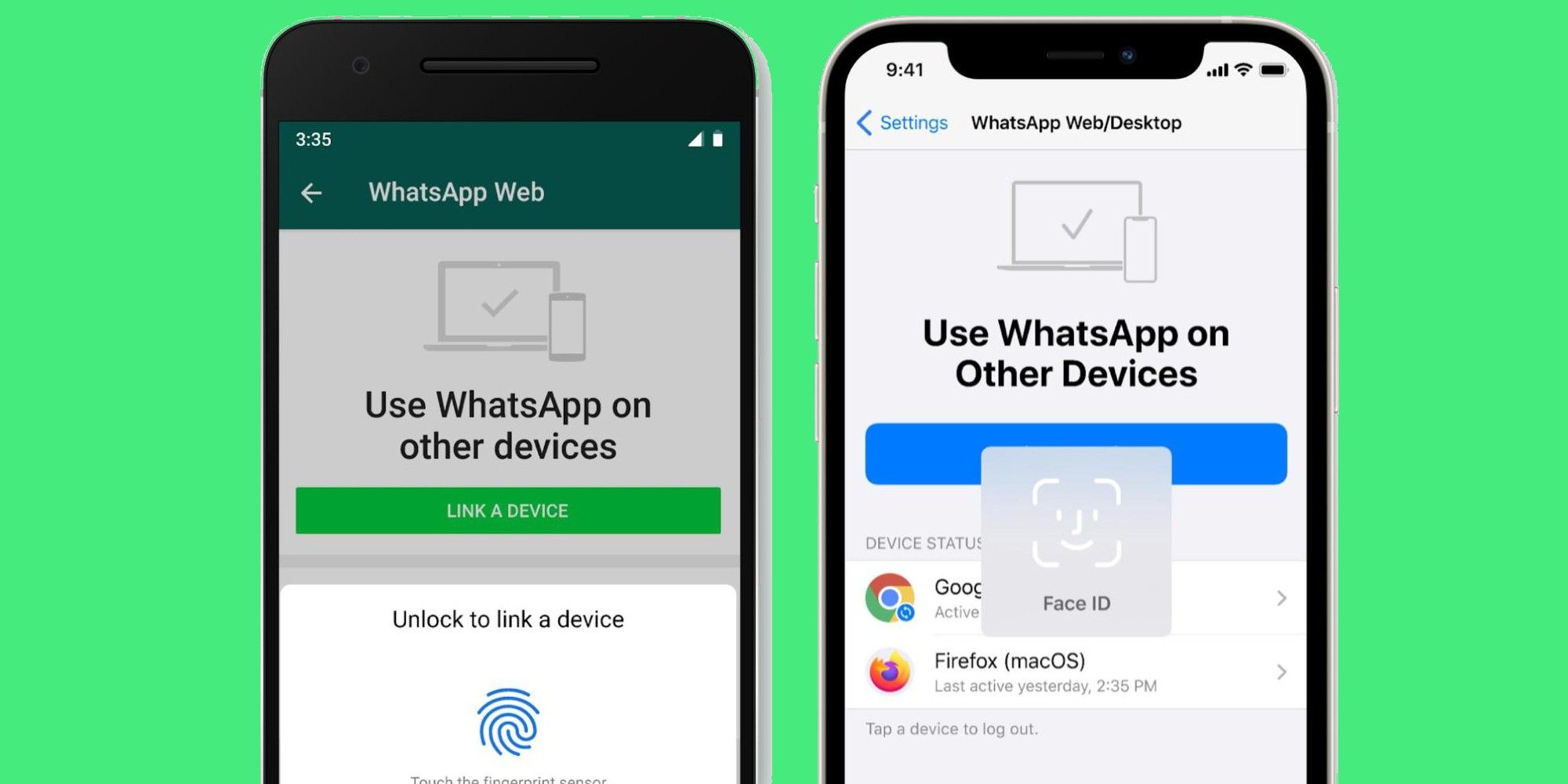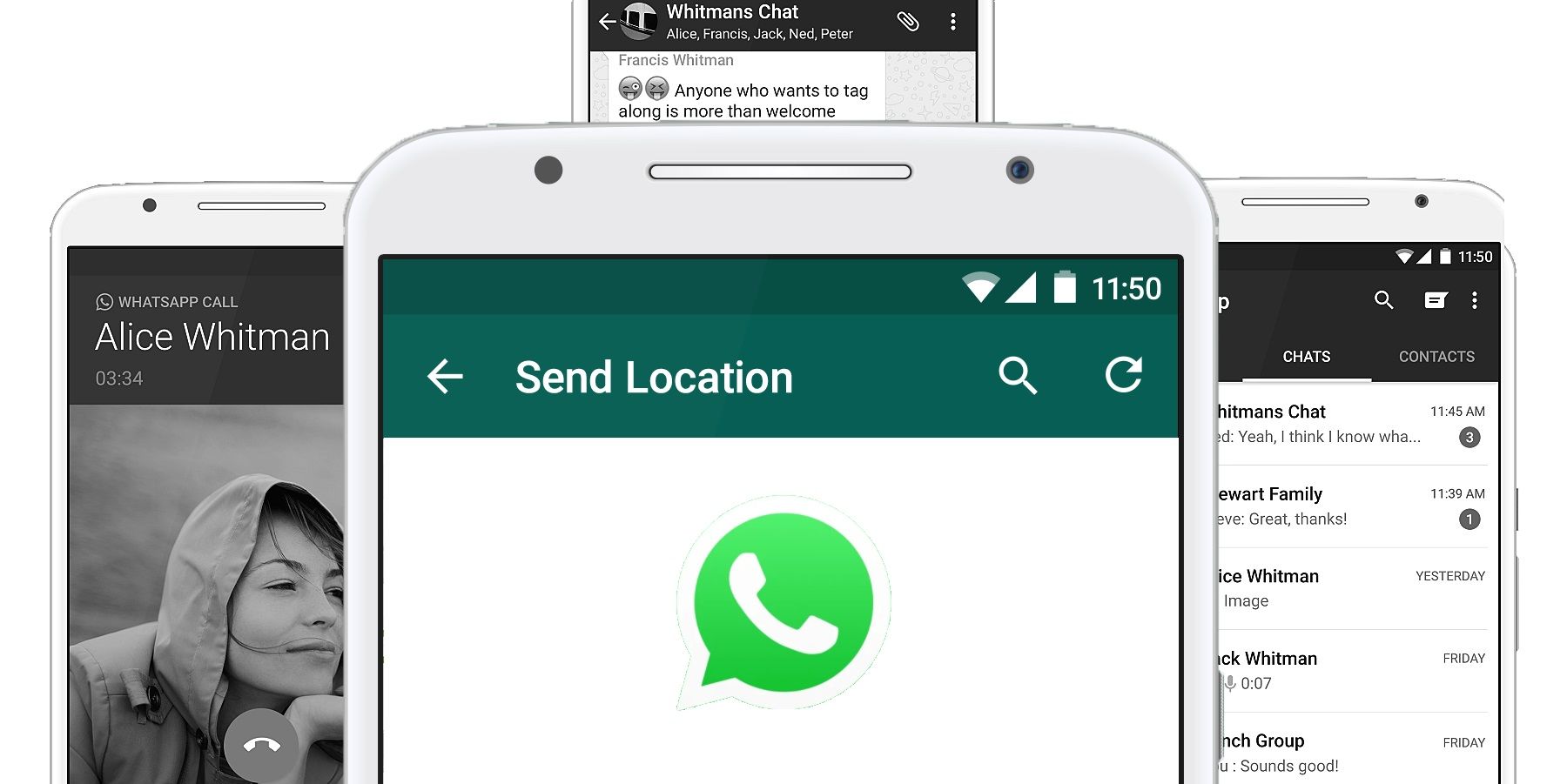WhatsApp has announced a new security feature, incorporating face and fingerprint authentication to link devices to WhatsApp Web and Desktop clients. The news comes after WhatsApp recently ran into issues with privacy and data when it updated its terms and privacy policy to require that account information be shared with its parent company Facebook. This time, though, the platform is trying to proactively assure its users that they have nothing to worry about.
The popular communications service was released in 2009, offering users a way to stay in contact with friends and family. WhatsApp allows users to exchange texts, voice messages, images, documents, and more as long as they have an internet connection to work with. The platform recently gave users the power to make transactions and send payments through the app as well, which is all the more reason for WhatsApp to want to bolster its security.
The platform has started to roll out its new method of linking its Web and Desktop clients with mobile devices, prompting users to use their biometric information to ensure a secure login. The process varies slightly depending on whether someone is using an Android or iOS device, but the 'Link A Device' option is selected in their WhatsApp mobile app for both before identity the user's identity is verified via face scan or fingerprint. From there, users will have to scan a QR code on their desktop to complete the linking process. In a tweet announcing the new layer of security, WhatsApp made it a point to emphasize that it would not see users' face or fingerprint data.
Can WhatsApp Be Trusted With Face & Fingerprint Scanning?
Included on WhatsApp's frequently asked questions page was a crucial note. According to the platform, the biometric authentication now required for linking is handled entirely by a device's operating system with the biometric data that is already stored in it. If WhatsApp is to be believed, it will not be able to access that stored biometric data, making it impossible for it to be shared with other entities too.
WhatsApp has been on thin ice as of late thanks to the outrage it sparked by what was perceived to be it forcing users to share their personal data with Facebook in order to use it. Although WhatsApp has tried to reassure users, the backlash has been so intense that competitors like Signal have seen massive increases in downloads as people search for a more private alternative to WhatsApp. With that in mind, WhatsApp may deserve to get the benefit of the doubt here. Its new security blanket is poised to simultaneously act as a deterrent to account hacking and keep the biometric information it is utilizing in the hands of the user. If legitimately does so, then this is an objectively good development for WhatsApp users.
Source: WhatsApp


